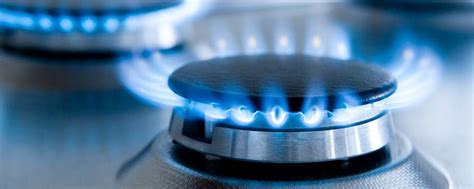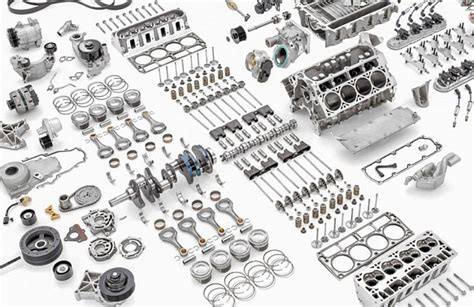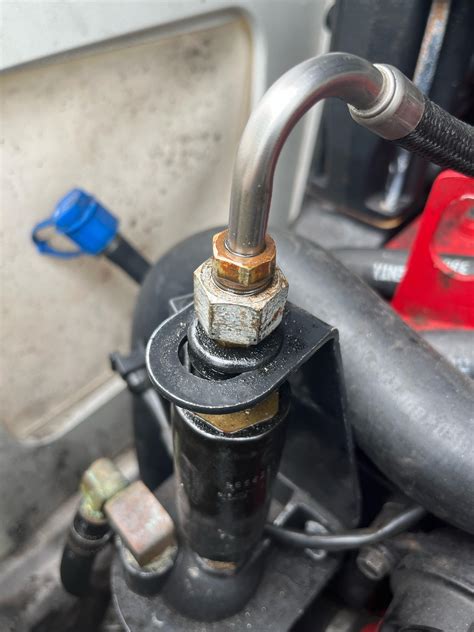Understanding Octane: More Than Just a Price Tag
The choice between premium and regular gasoline at the pump often sparks debate among car owners. Many believe that opting for the higher-priced premium fuel will automatically translate into better engine performance, improved fuel economy, or even extend their vehicle’s lifespan. However, the reality is far more nuanced, and for most drivers, premium fuel offers no tangible benefits and can simply be a waste of money.
At its core, the difference between regular and premium fuel lies in their octane rating. Octane is a measure of a fuel’s resistance to “knocking” or “pinging” – a phenomenon that occurs when the air-fuel mixture ignites prematurely in the engine’s cylinders. This uncontrolled combustion can lead to decreased efficiency, potential engine damage, and poor performance over time.

What Your Owner’s Manual Really Says
Modern engines are designed with precise specifications, including the type of fuel they require. For the vast majority of cars, regular unleaded gasoline (typically 87 octane) is the manufacturer’s recommendation. These engines are calibrated to operate efficiently and safely with this octane level. Using a higher octane fuel than recommended will not make your car run “better” or cleaner, nor will it magically boost horsepower or improve MPG.
In fact, some engines might even see a slight decrease in efficiency if premium fuel is used when regular is specified, as the engine’s computer may adjust ignition timing to compensate for the higher octane, potentially leading to a less optimal burn.
When Premium Fuel is Necessary
Premium gasoline (typically 91 or 93 octane) is specifically formulated for high-performance engines, often found in luxury cars, sports cars, or vehicles with turbochargers and superchargers. These engines operate at higher compression ratios and generate more heat. The higher octane rating provides the necessary resistance to pre-ignition under these extreme conditions, preventing harmful knocking and ensuring the engine delivers its intended power and efficiency.
If your car’s owner’s manual explicitly states that premium fuel is “required” or “recommended” for optimal performance, then you should absolutely follow that guidance. Failing to use the specified fuel in these engines can lead to detrimental effects, including reduced power, increased fuel consumption, and long-term engine damage.

Debunking the MPG and Engine Life Myths
The notion that premium fuel inherently offers better MPG or extends engine life for all vehicles is a widespread misconception. For cars designed for regular fuel, premium offers no fuel economy advantage. Your MPG is primarily influenced by driving habits, vehicle maintenance, and the engine’s design, not by unnecessarily high octane fuel.
Similarly, using premium fuel when your car doesn’t require it will not extend your engine’s life. Engine longevity is far more dependent on regular oil changes, timely maintenance, and avoiding harsh driving conditions. The only way fuel type impacts engine life is if you neglect to use required premium fuel, which can cause knocking and eventual damage.

Ethanol and Fuel Quality: A Separate Consideration
It’s important to distinguish between octane rating and overall fuel quality. All gasoline, regardless of octane, contains detergents and additives designed to keep your engine clean. Many modern fuels also contain ethanol. While ethanol content can sometimes be a concern for older vehicles or small engines, it’s generally not directly tied to the octane rating in a way that dictates premium vs. regular use for most modern cars. Focus on meeting your car’s octane requirement, rather than conflating octane with “better quality” in a general sense.

The Verdict: Follow the Manual and Save Your Money
The simple truth is that for the vast majority of vehicles on the road, premium fuel is an unnecessary expense. Always consult your car’s owner’s manual to determine the recommended fuel type. If it specifies regular unleaded, stick with it. You’ll save money at the pump without sacrificing performance, fuel economy, or engine longevity. Your car’s engine is a precision machine; feed it what it’s designed to consume, and it will serve you well for years to come.





